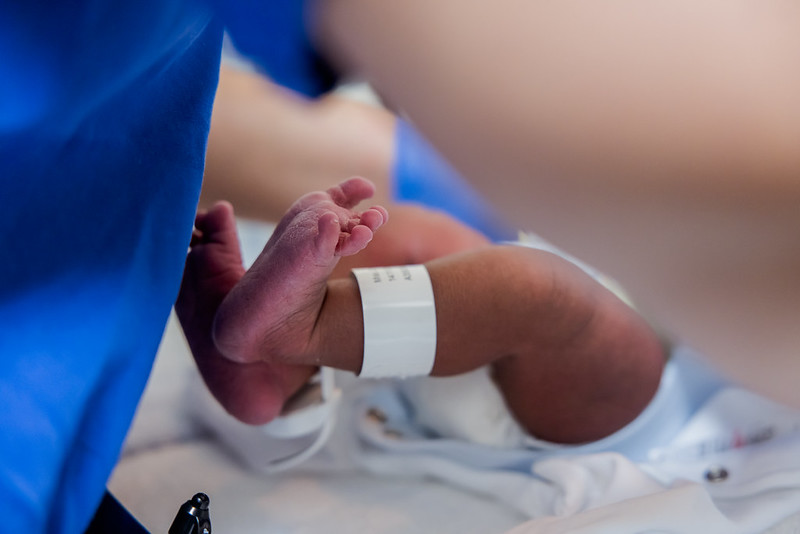The Royal College of Midwives (RCM) is calling for renewed focus on how concerns about baby movements during pregnancy are addressed in maternity care, in response to the publication of a learning report led by baby loss charity SANDS and King’s College London.
The project sought to understand the challenges in sharing information and guidance about baby movements and what needs to change. It included seeking the experiences of parents who experienced stillbirth after reporting changes in their baby’s movements.
Emma Rose, RCM Quality & Standards Advisor, said:
“We welcome this important report from SANDS, which reflects what many midwives are seeing every day. Too often, women don’t get the clear information or support they need when worried about their baby’s movements, but this is because there are gaps in evidence, knowledge and resources.
“This exacerbates the disparities in outcomes for Black and Asian women who are at significantly higher risk of experiencing a stillbirth. It is vitally important that this is addressed through personalised care and support, use of interpreters, information in different formats and midwife-led models of care which allow trusting relationships to develop between women and midwives so that women are listened to.”
Changes in baby movements in pregnancy may be a sign that a pregnancy needs closer monitoring, for example it might mean that the placenta is not working well and the baby isn’t growing. This can lead to stillbirth. Most women, who experience changes in their baby’s movements, go on to have healthy pregnancies and babies. However, when women feel unsure about what to expect, or feel that their concerns are not taken seriously, they may be less likely to seek help in future.
RCM members support the development of a national triage policy with clear, evidence-based protocols for assessing and responding to fetal movement concerns. The RCM also supports a review of how information is shared during antenatal care, with the aim of ensuring that women receive clear, accessible guidance in multiple languages and formats.
The report also highlights the importance of improving communication and consistency among healthcare professionals. The RCM is calling for national guidance and training that supports midwives and others to have effective, empathetic conversations with women and to respond appropriately to any concerns raised.
The RCM also welcomes further research into placental health and its link to fetal movement and supports innovation in tools and technology that might one day provide options for remote monitoring and reassurance for both women and clinicians.


